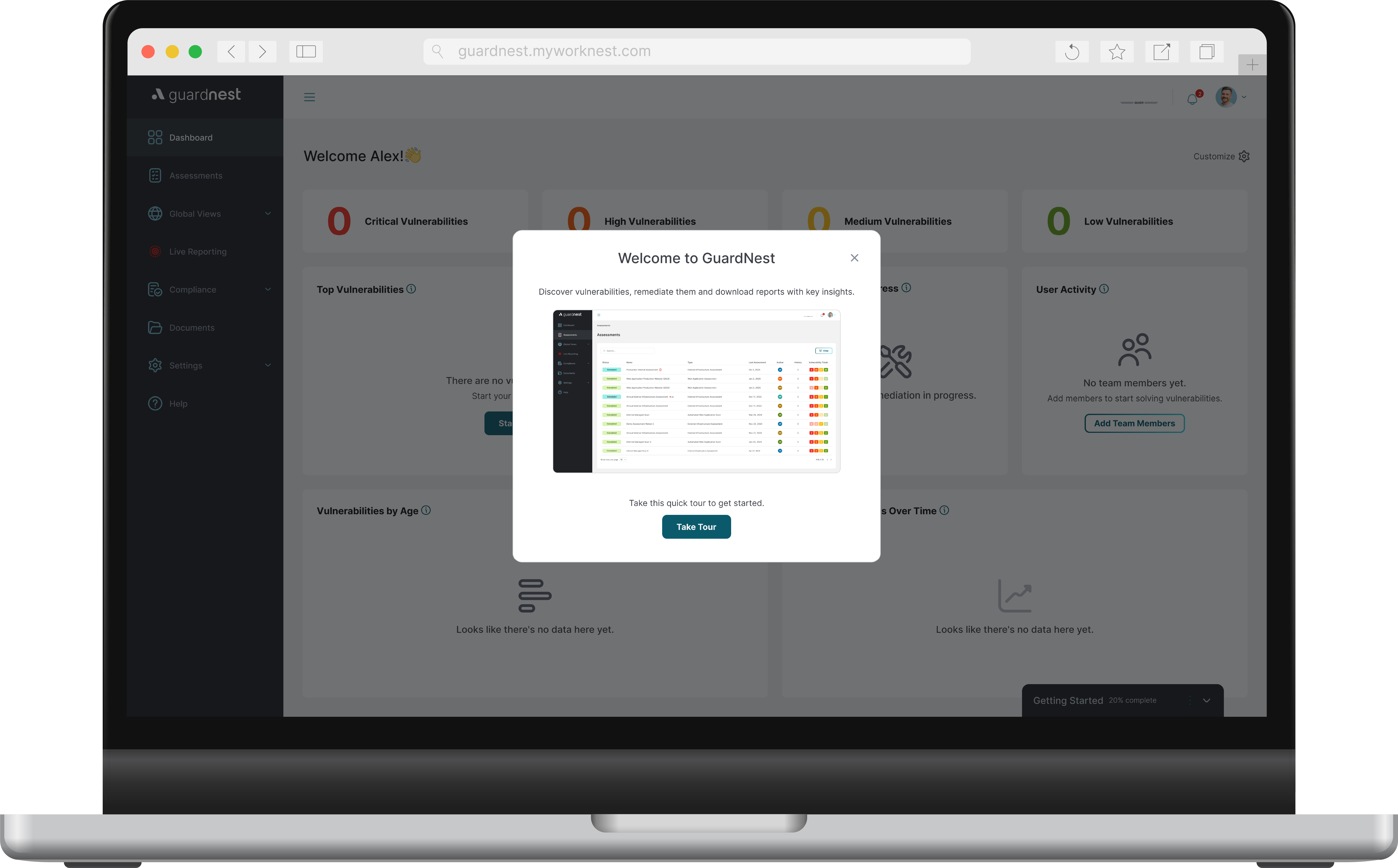Protecting Cyber Security in The Finance Sector


Why is Cyber Security Important in the Finance Sector?
Cyber Security is increasingly important in the finance sector, as financial institutions need to protect customer data. Financial organisations handle a huge amount of valuable information, from account details and passwords to credit card numbers and personal identities. With this comes an increased risk of cybercrime and malicious attacks on their networks and systems.
What Are the Biggest Risks to the Finance Sector?
The finance sector is particularly vulnerable to cyber security threats, such as data breaches and identity theft. These risks can cause significant financial losses for businesses and customers alike. Other common threats include ransomware attacks, phishing scams, malware infections, social engineering schemes, denial-of-service attacks, and account hijacking.

What Steps Can be Taken to Improve Cyber Security?
Organisations in the finance sector should take a proactive approach to cyber security, implementing multiple layers of protection. These may include:
- User education and awareness programmes: These are designed to inform staff about the risks associated with cybercrime and how to avoid becoming a victim.
- Technical safeguards: Tools such as firewalls and antivirus software can help to protect systems from malicious attacks.
- Physical security measures: Locked doors and access control systems can prevent unauthorised individuals from gaining physical access to computers and servers.
- Policy and procedure development: Implementing clear policies and procedures around cyber security can provide a framework for managing and mitigating risks.
Pentest People Features That Apply to Finance
Given the vast amounts of personal data held by financial firms, conducting a social engineering assessment can help test the reliance and cybersecurity expertise of staff within the work environment. By doing so, this assessment can ensure that the staff in physical building locations are as secure as those who operate on online systems. This is crucial in maintaining a robust security posture across all aspects of a financial firm's operations and mitigating risks arising from potential gaps in security awareness or training.
It is imperative that financial services companies regularly conduct testing to identify vulnerabilities and security flaws in their web applications. By proactively conducting such tests, financial firms can better protect their customers' data online, which is especially crucial for remote workers. This helps to minimise the risk of data breaches or other cyber attacks that could compromise sensitive information and lead to significant reputational damage for the organisation.
Testing the general infrastructure of a financial services firm is an essential basic, as this can help identify any weaknesses or flaws in the system that could be exploited by cybercriminals. By performing regular vulnerability scans and penetration tests, financial firms can ensure that their systems are as secure as possible to protect confidential customer data and other sensitive information from hackers.
Here at Pentest People, we provide a range of services to help protect your business from cyber crime. Our team of security experts can help identify any threats and weaknesses in your organisation, enabling you to take the necessary steps to improve your cyber security posture. We have extensive experience working with organisations in the finance sector, so you can trust us to keep your systems secure. Contact us today for more information about our services.
.png)









.svg)








.webp)


